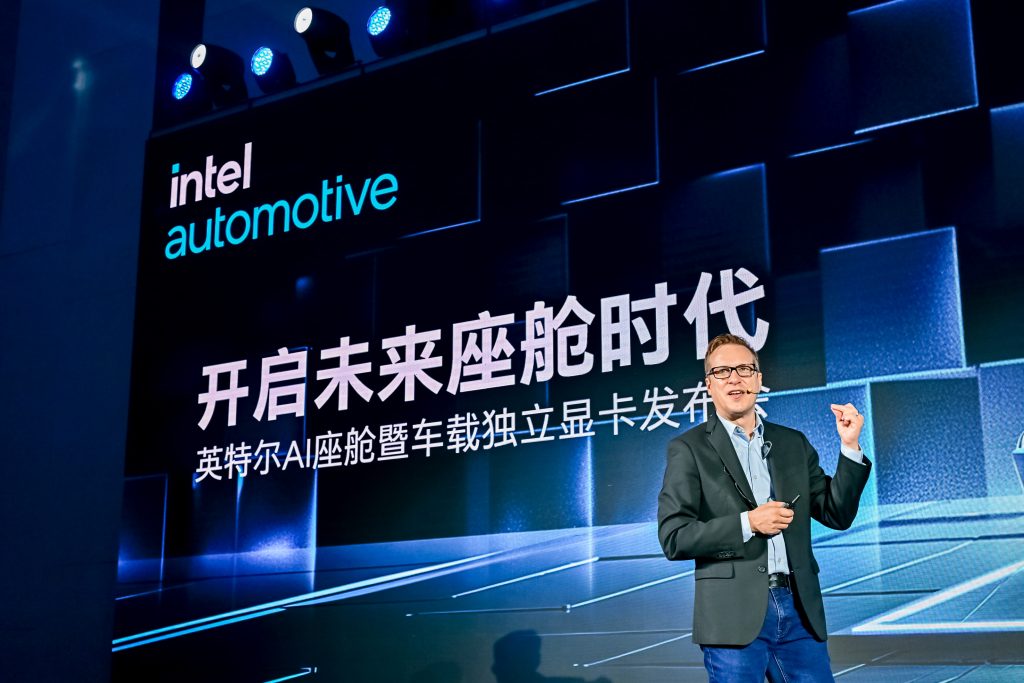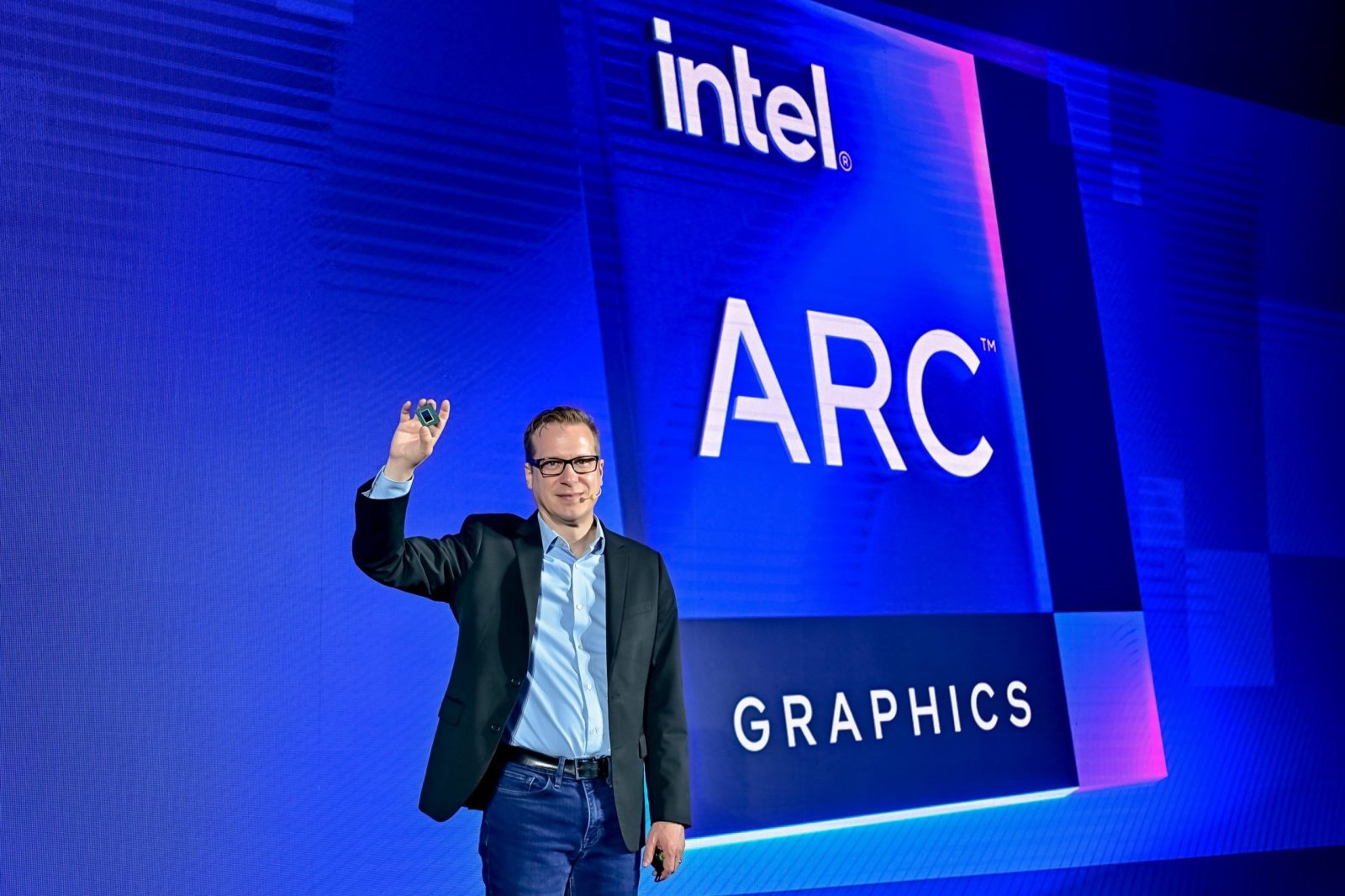Intel announced on Tuesday that it will introduce automotive versions of its latest AI-enabled chips, positioning itself to compete with Qualcomm and Nvidia in the growing semiconductor market for future vehicle technologies.
Additionally, Intel revealed plans to acquire Silicon Mobility, a French startup specializing in system-on-a-chip technology and software for managing electric vehicle motors and onboard charging systems.
While Intel did not disclose the purchase price, the closely-held company is currently backed by venture funds Cipio Partners and Capital-E.
The first automaker to integrate Intel’s AI system on a chip will be China’s Zeekr, which plans to enhance the in-car experience with features like AI voice assistants and video conferencing, according to Intel’s automotive business chief, Jack Weast.
This announcement was made in anticipation of the CES technology show in Las Vegas.
Intel’s new automotive system on a chip will adapt its recently launched AI PC technology to meet the durability and performance needs of vehicles, Weast explained.
Although Intel has supplied chips for infotainment systems in 50 million vehicles, it has fallen behind Nvidia and Qualcomm in the market for high-powered semiconductors essential for automated driving, upgradable vehicle software, and advanced dashboard displays.

“We haven’t done a great job of communicating our successes in automotive,” Weast admitted during a conference call with reporters before the CES announcement. “We plan to change that.”
Intel aims to distinguish itself from its competitors by offering chips that can be used across an automaker’s entire product line, from budget to luxury vehicles, Weast said.
He emphasized that if in-car AI requires 500 watts and incurs high costs, it won’t be scalable—a direct reference to Nvidia’s powerful and expensive products.
Last year, Nvidia partnered with Taiwan’s MediaTek to provide lower-cost chipsets. MediaTek is a leading supplier of technology for Android-based infotainment displays in lower-priced vehicles.
With China’s rapidly expanding electric vehicle market, chipmakers are vying for dominance. Chinese automakers are racing to offer advanced infotainment systems and automated driving capabilities, with Zeekr being a customer of both Intel and Nvidia technologies.
Intel will remain “agnostic” regarding which technologies automakers choose for automated driving or other functions, Weast noted. Unlike its former Mobileye unit, Intel will not require automakers to use its advanced driving chips.
Instead, Intel will offer to integrate automakers’ own chiplets into the Intel system at a lower cost, enabling specific functions without the need for proprietary chips.







Leave a Reply